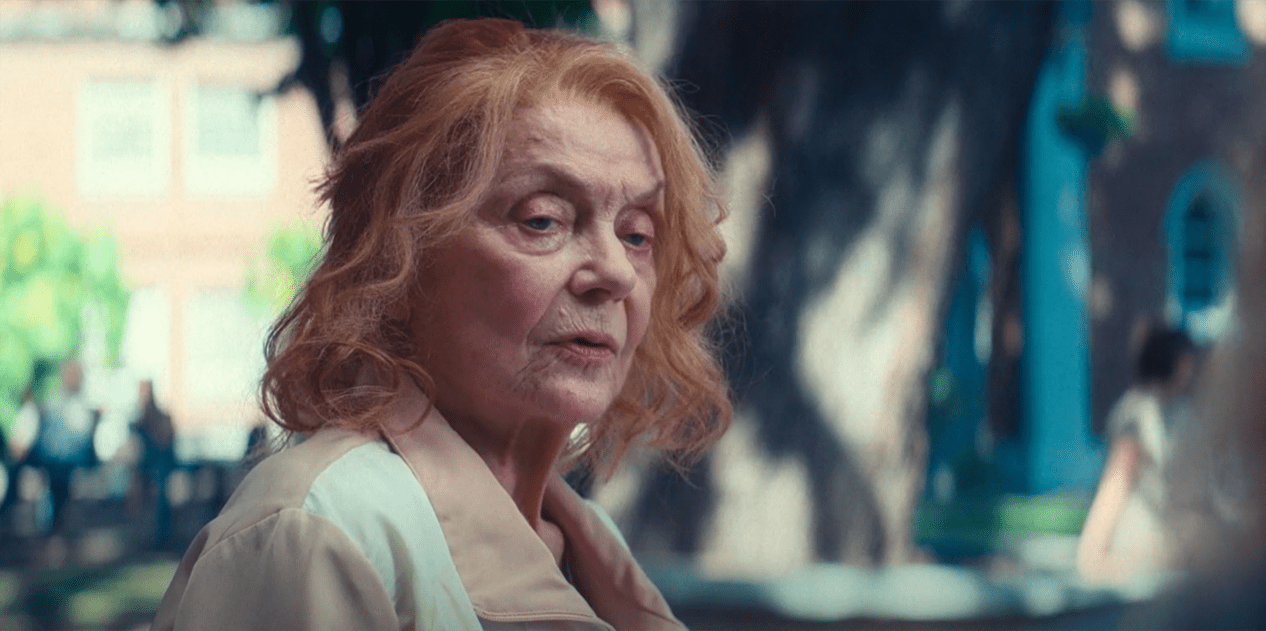Helmed by Daniel Hendler, Netflix’s ‘27 Nights‘ is a Spanish-language Argentinian drama film that follows Martha Hoffman, a famed art collector who is as wealthy as she is daring. An adventurous lifestyle, however, puts her in direct conflict with her daughters, and things come tumbling down when she is admitted to a Psychiatric facility without her consent. What follows is a grueling examination into her psyche, with a court-appointed expert unearthing the truth behind many layers of thought and desires. To that end, he is also compelled to look inwards and decipher the limitations he has imposed on himself. While the journey is expressly about Martha’s diagnosis and ultimate fate, it also encapsulates a number of modern anxieties about the agency of body and mind.
27 Nights Reimagines the Real-Life Case of Writer-Artist Natalia Kohen
While the movie, ’27 Nights,’ is loosely based on writer Natalia Zito’s eponymous novel, both the works share a biographical characteristic, with the real life of artist and writer, Natalia Kohen, serving as a partial source of inspiration. Penned by Daniel Hendler, Mariano Llinás, and Martín Mauregui, the film compiles the many accounts rooted in reality and adds its own creative spin, resulting in a tale that raises several medical, ethical, and moral questions in one sweep.
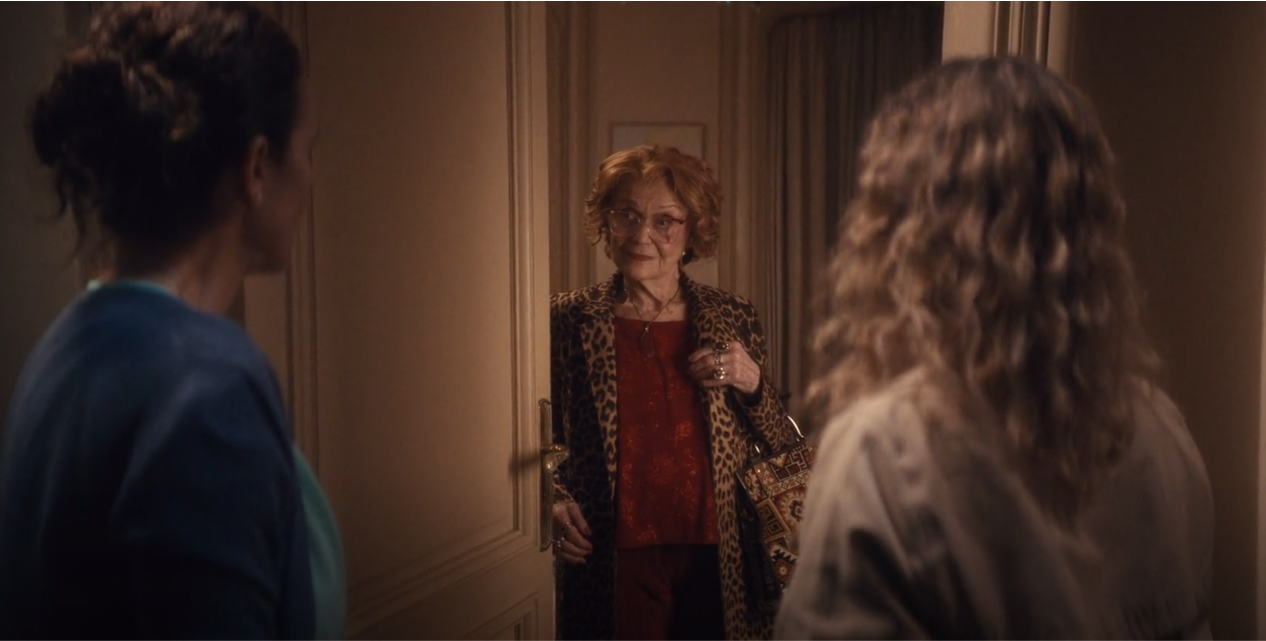
At its heart, the story draws from Natalia Kohen’s harrowing real-life incident, wherein she, at the age of 86, was misdiagnosed with Pick’s disease, a form of frontotemporal dementia that affects a person’s communicative abilities. Not long after, she was forcibly admitted to a psychiatric clinic in 2005, where she spent 27 nights, as reported by Global Comment, an alleged detail that likely informed the movie’s title selection.
Born in Argentina’s Mendoza Province in 1919, Natalia was an accomplished scholar of literature and philosophy, as well as an enthusiast of art. Following her marriage to Mauricio Kohen, an industrial tycoon who founded the pharmaceutical company Argentia, Natalia took on the role of director for the Argentia Foundation. Shortly after the death of her husband, their eldest daughter, Nora Kohen, stepped in as the new lead, and things stayed that way for roughly another decade. Things came to a halt, however, when Natalia announced her interest in contributing to the creation of a local art center.
Natalia Kohen Was Admitted to a Psychiatric Institution Against Her Will
Following disagreements about finances, Natalia’s daughters, Nora and Claudia, reportedly began consulting a psychotherapist for their mother. The siblings soon sought a neurologist by the name of Dr. Facundo Manes. Notably, Natalia’s lawyers advised her to take immediate action or risk being wrongfully institutionalized, but she dismissed that thought as an overreaction. Before long, she was declared to need urgent medical assistance, resulting in a forcible admission to Ineba, also known as the Instituto de Neurociencias de Buenos Aires.
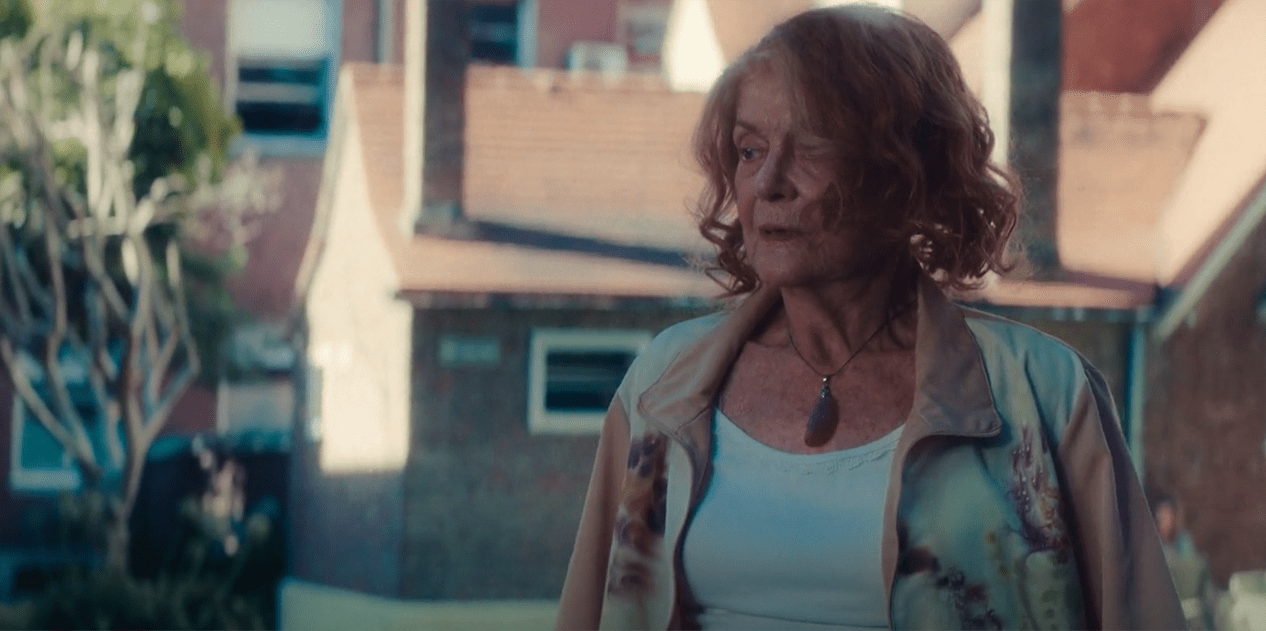
The primary source detailing Natalia Kohen’s lived experiences following her admission to a psychiatric clinic comes from a detailed report by Página 12. In the article published on July 13, 2006, Natalia described her regimented lifestyle in the institution and how that left her traumatized. Determined to make a change, she contacted her friends from inside the institution, subsequently raising a public campaign, complete with journalistic inquiries that forced her early release from the institution.
However, life back at her residence proved to be equally challenging for Natalia, as she recalled the limitations on where she went and who she interacted with. It was around this time that she resolved to take this matter to court, with a complaint being filed against Dr. Facundo Manes for the alleged creation of fake medical reports. The case made headlines nationwide, with questions of medical agency and property rights taking center stage in the discourse.
The Court Proceedings Uncovered Several Hidden Truths Surrounding Natalia’s Misdiagnosis
In her interview with Página 12, Natalia claimed that Facundo Manes’ diagnosis of Pick’s disease was fake, calling attention to the alleged gaps in her diagnostic processes. Reportedly, at the start of the proceedings, FLENI institute, where Manes worked as a neurologist, claimed to have no records of Natalia being evaluated on site, which seemingly strengthened her claims. Later, on June 5, 2005, Manes released a new medical certificate which stated that the symptoms displayed by Natalia were compatible with the original diagnosis of Pick’s disease.
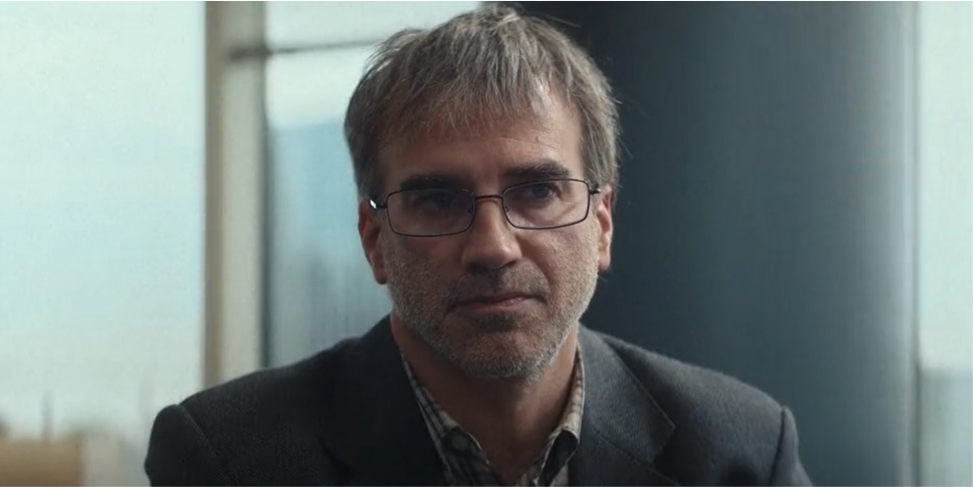
However, it was quickly brought to attention that this record was signed not by Manes but by his counsel, Griselda Russo, who admitted to never having personally evaluated Natalia. That, coupled with the incongruence of the two certificates and the narratives attached to them, resulted in an appellate court ruling on October 16, 2007, stating that Natalia Kohen did not suffer from frontotemporal dementia.
While the court declared Natalia’s medical diagnosis of dementia void, based on both expert opinions and the discrepancies in the information provided by FLENI, she was still found to be legally incapacitated. A team of three experts reported that she showed symptoms characteristic of psychoorganic syndrome, which fell under the larger category of organic mental disorders. This diagnosis further informed the judge’s decision to assign a definitive curator for Natalia.
In legal matters, the role of a curator is traditionally to manage the finances and assets on behalf of someone who is unable to do so. However, in the case of Natalia, the conditions were modified, with the most notable change being the removal of any limit on her monthly expenses. Natalia passed away in 2022, at the age of 103, leaving behind a significant cultural legacy. According to a 2009 documentary about her experience, she reconciled her relationship with her daughters in the years following the case.
27 Nights Brings the Burning Issues of Past and Present Under One Umbrella
The narrative of ’27 Nights’ takes into account several details about this true story and employs a creative license in tying them together. However, the film’s creators have spoken at length about not shying away from bringing to life the story’s political and contemporary relevance. In a conversation with Variety, producer Santiago Mitre emphasized the unique aspects of the film, stating that, instead of leaning into a sense of spectacle, the movie sheds light on the finer details of human psychology and the subtle interactions that give the dramatic high notes their weight.
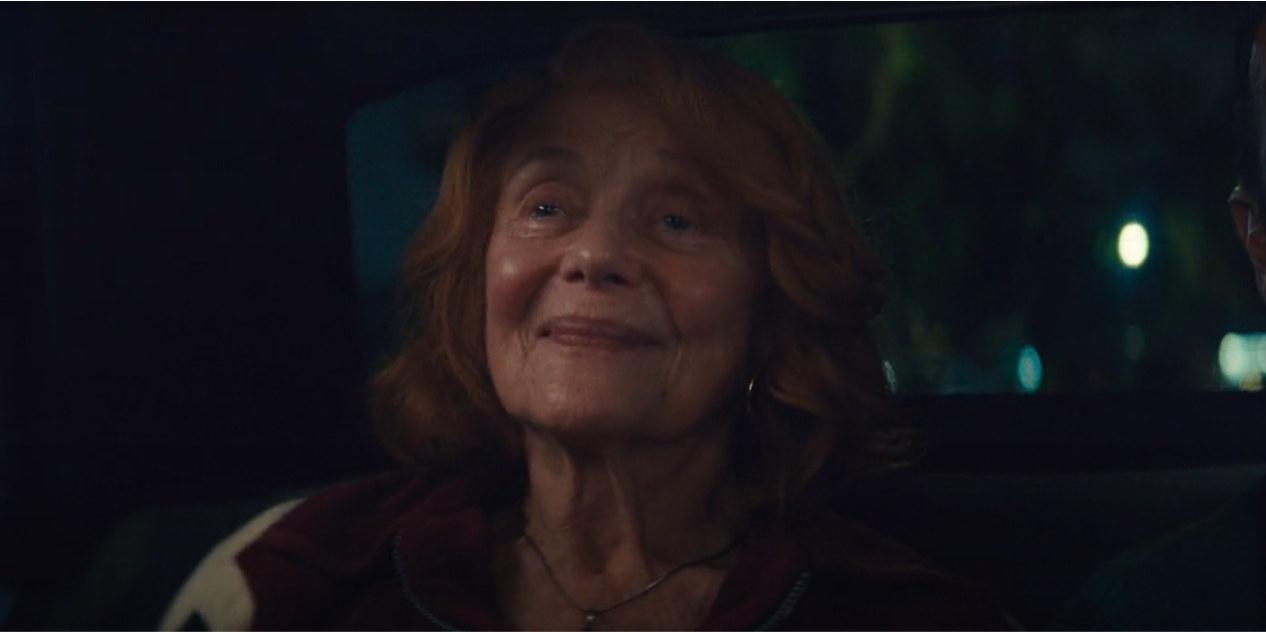
From there, Mitre also spoke about the film’s political dimensions, saying that, “even if it’s understated. I can’t help but connect it to the current dramatic political situation in Argentina. Every Wednesday, we watch the state repress elderly people who are simply demanding better living conditions. In that context, telling the story of a woman trying to be happy becomes, in its own way, a political act — a reflection of the country we’re living in today.”
Writer and psychoanalyst Natalia Zito, who wrote the original novel that the movie is partially based on, approached the narrative from a different angle, as detailed in her conversation with GPS Audio Visual. She explained that the story is, in part, concerned with how we perceive old age, adding that it is about “what things we think are enabled at that time, and what things are disruptive to us, especially for women, and the issue of who inherits is a debatable issue.” As such, ’27 Nights’ serves as the point of intersection for a myriad of social concerns, turning the big screen into a platform for a deeper inquiry into the truth.
Read More: Where is Netflix’s 27 Nights Filmed? All Shooting Locations

